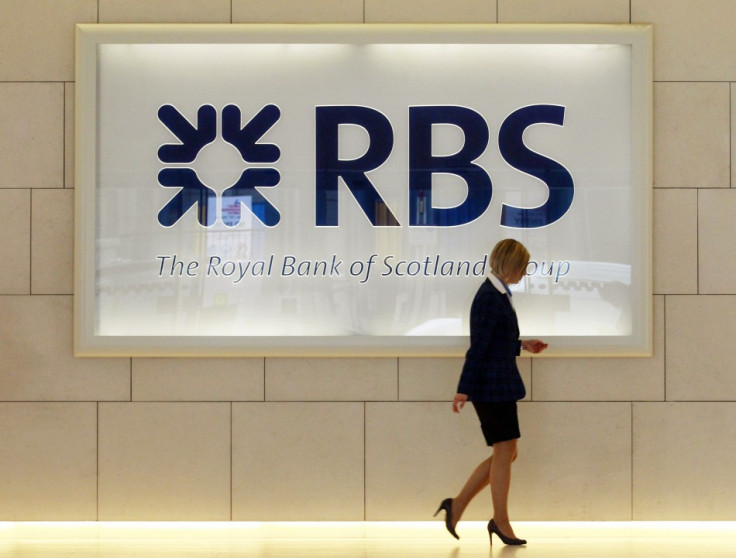Rumoured Plans for RBS Sell-Off to Abu Dhabi Investors Face Widespread Opposition

Opposition voices to the reports that the government is in talks to sell part of taxpayer-owned RBS to Abu Dhabi investors are growing, with many saying market conditions do not yet offer enough of a return for the public purse.
A chorus of people has hit out at the sale plans, which could see as much of a third of the government's 82 percent stake sold for much less than it was bought for to wealthy Arab investors, even after the shares surged more than 6% on the news.
"Politicians were lining up to tell us that bailing out the banks would be a good deal for taxpayers but the prospect of this sale show how wrong they were," Robert Oxley, campaign manager of the TaxPayers' Alliance, said.
Britain has the dubious distinction of having led the largest-ever bank rescue after it bailed out RBS during the peak of the 2008 financial crisis. The £45.5bn investment, a decision taken by the then Labour Chancellor Alistair Darling, followed the bank's disastrous takeover of Dutch bank ABN Amro, a build-up of unsustainable debts, and risky exposure to volatile markets.
The bank was deemed "too big to fail" by politicians, who feared ordinary retail bankers and savers would lose all of their money as well as the huge knock-on effect to the financial sector an RBS collapse could have had.
"Political leaders shouldn't play the stock market with other peoples' money, imagining that they might get a better or worse price if they buy or sell today or tomorrow," Oxley said.
"There's no guarantee that the RBS share price will ever recover, selling now would be a damning indictment of those who led the charge to bailout failed banks but would protect taxpayers from future losses."
The opposition Labour Party - as well as members of the government's coalition partner Liberal Democrats - have spoke out against a quick sale of Britain's RBS stake.
"Flogging off RBS shares this year at a loss would be the worst of all worlds," Lord Oakeshott, a Lib Dem peer, told the Guardian.
"Liberal Democrats will work to stop this sell-off and secure a proper medium term plan for RBS, with net business lending targets as in our coalition."
Chris Leslie, Labour's shadow financial secretary to the Treasury, said it is "vital" that taxpayers get back the cash they ploughed into RBS.
"We mustn't have another rushed sale by Chancellor George Osborne, like the loss-making sell off of Northern Rock, which leaves the British taxpayer hundreds of millions of pounds out of pocket," he said.
Osborne hinted to the Treasury select committee in January that taxpayers should not expect to see anything but a loss on the £45.5bn.
"My predecessor wasn't investing in RBS, he was buying RBS shares in order to save the British economy," Osborne told the group of MPs.
Stephen Hester, RBS chief executive, was caught up in a media and political storm after it emerged he had been awarded a bonus worth almost £1m, despite the bank making losses.
The bank's remuneration committee argued that Hester was making good progress on reforming the bank and leading it towards making a profit, as well as meeting personal targets that entitled him to the bonus - which was also in his employment contract.
Under pressure, Hester turned down his bonus.
© Copyright IBTimes 2025. All rights reserved.






















